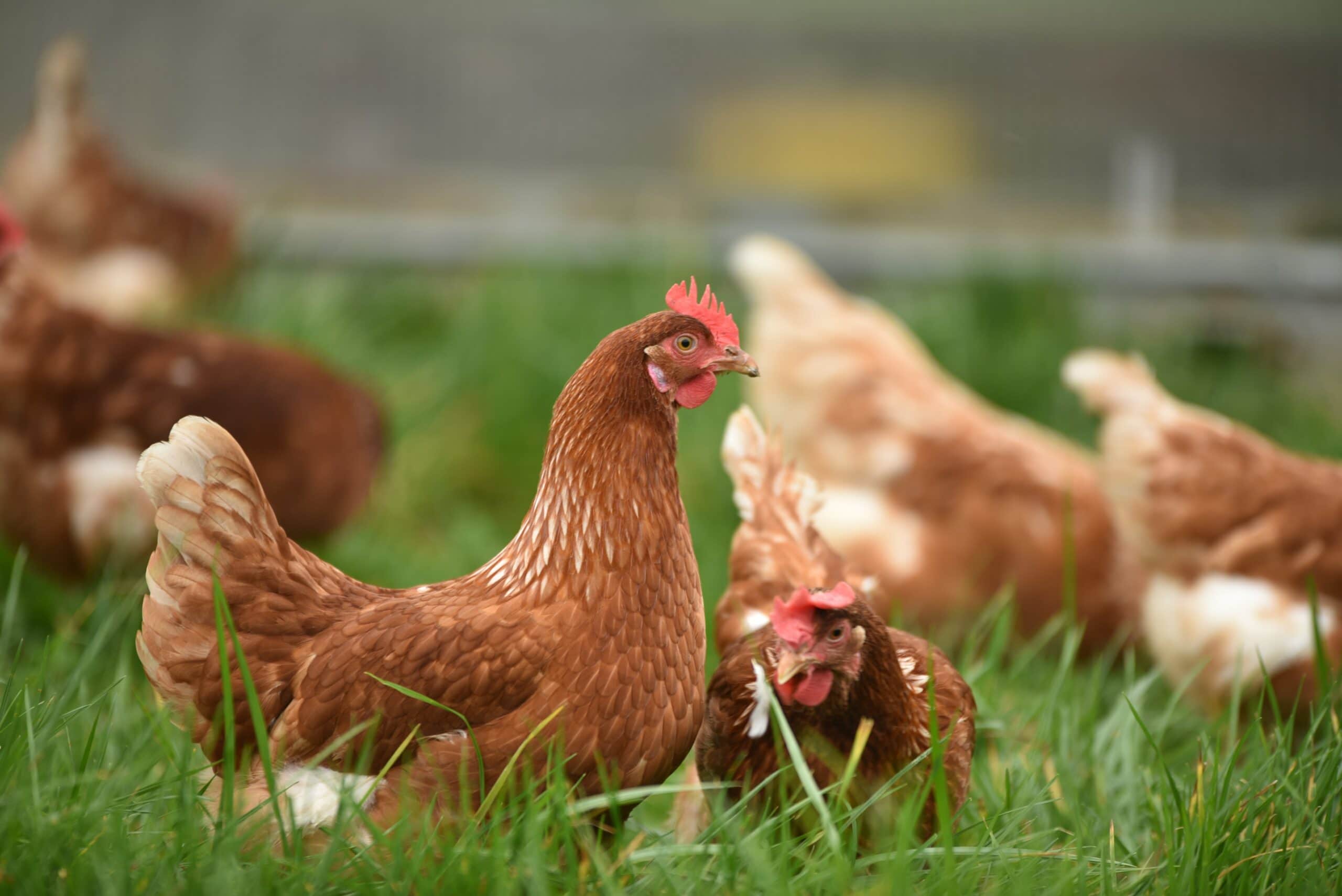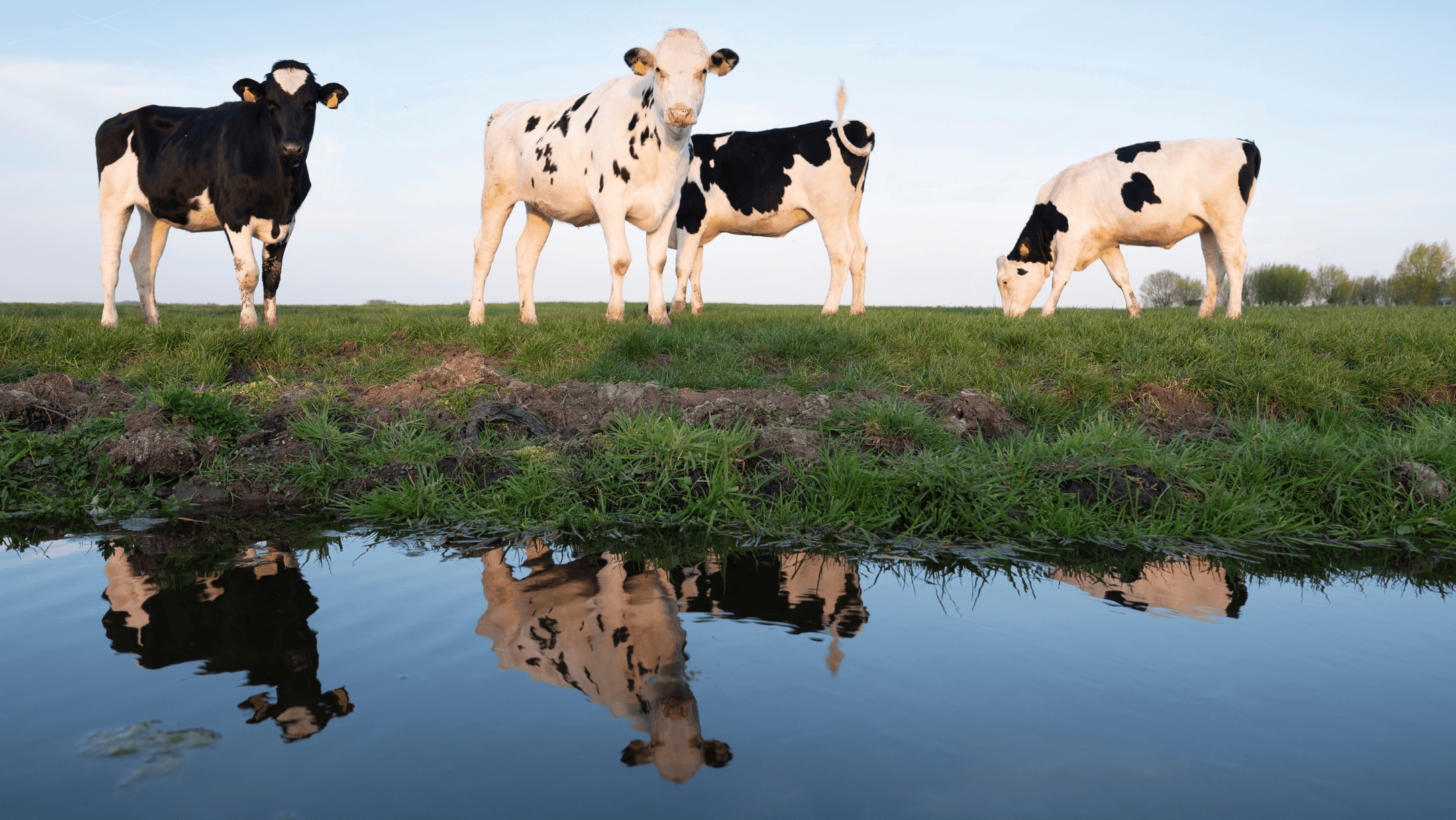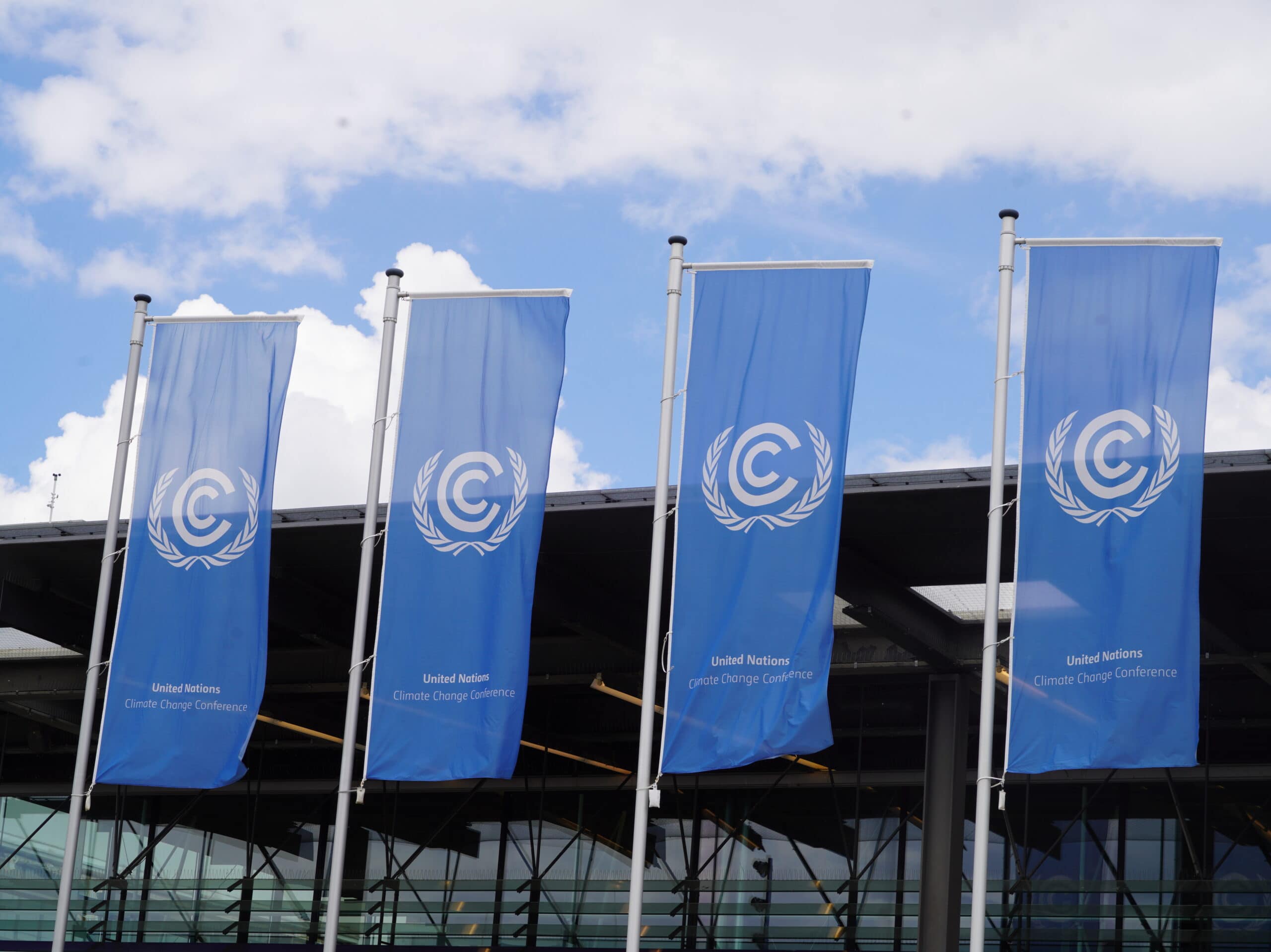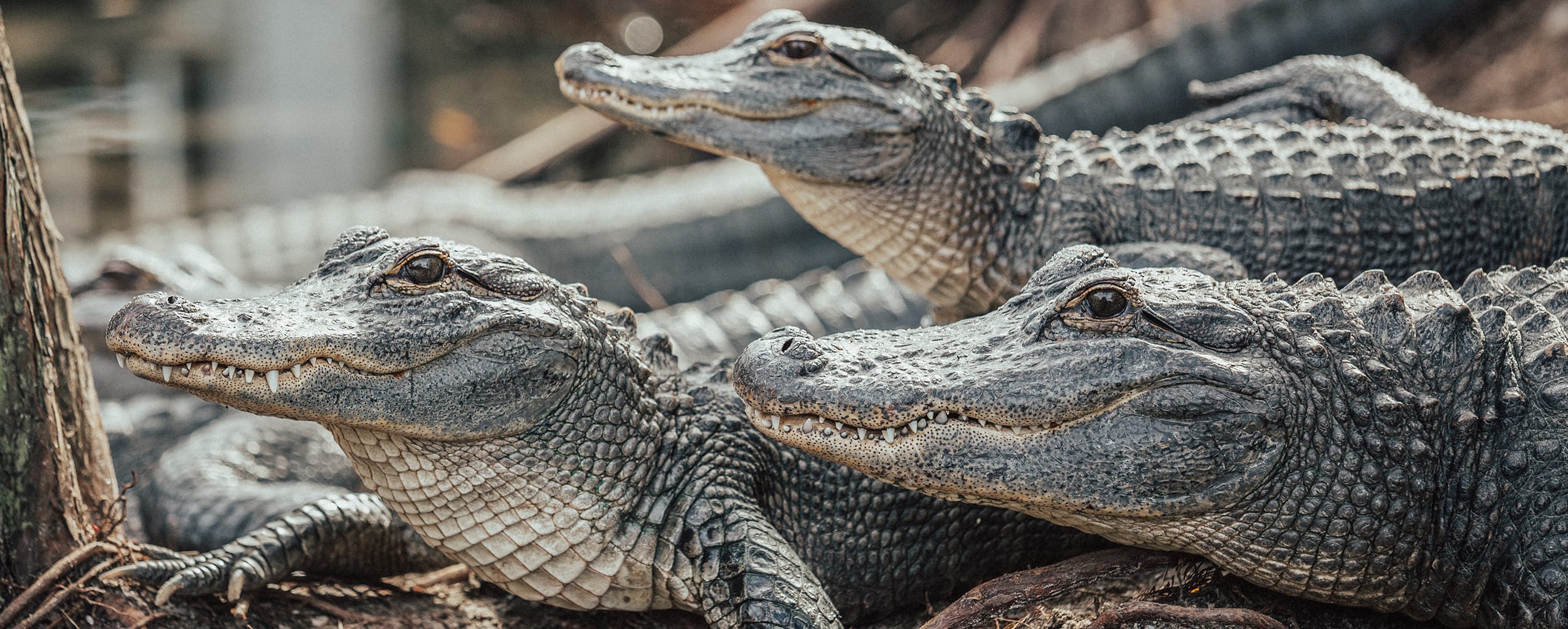The COP28 climate summit, the largest of its kind, concluded with mixed results for humans and non-human animals alike: a blend of hope and disappointment.
The conference, which ran from November 30 to December 12 in Dubai, is said to have been attended by 80,000 people from governments, NGOs, academia, and the private sector. But did it live up to the expectations set against the backdrop of urgent climate crises?
The high stakes
Before COP28, multiple reports highlighted the inadequacy of current efforts to curb greenhouse gas emissions, warning of a likely breach of the 1.5°C temperature increase above preindustrial levels by the early 2030s. With such dire predictions, high expectations were set for COP28 to deliver a change in course.
And so we joined numerous civil society organisations on site to advocate for those climate solutions that consider the welfare of animals, because they matter for their own and our own sake.
Here’s an overview of what happened at COP28.
Glimmers of hope
Right off the bat, governments from around the world came out swinging with two declarations that mattered to us: one on sustainable agriculture and food systems and one on climate and health. Wild animals also entered the stage more prominently.
1. The Declaration on Sustainable Agriculture, Resilient Food Systems and Climate Action
With this declaration, 158 governments pledged to integrate agriculture and food systems into their climate action. This is a step forward. Even if the declaration isn’t legally binding, it signals that countries are, in theory, planning to address food systems in their respective Nationally Determined Contributions (NDCs). The Declaration also commits governments to revisit or orient policies by 2050 to promote activities that bolster animal and ecosystem health within agriculture and food systems.
With a significant share of emissions from the food system being attributed to industrial animal agriculture, these commitments open doors to work with governments on a just transition away from these systems. Specifically, these present an opportunity to advocate for shifts towards more sustainable and kind production and consumption practices as part of the NDCs.
Eirini Pitsilidi, Head of International Affairs at Compassion in World Farming, welcomed the declaration: “We look forward to supporting governments in transitioning their food systems for a healthier, more sustainable, and higher welfare existence for humans, animals, and the planet.”
2. The Declaration on Climate and Health
Together with 13 other organisations, including WFA members, we welcomed the COP28 UAE Declaration on Climate and Health in which 143 countries recognised the health benefits from, among others, shifts to sustainable healthy diets. They also noted the importance of collaborating across “human, animal, environment, and climate health challenges”.
3. The elephant back in the room at COP28
At this COP, there was increased attention on how climate change impacts wild animals – see reports by the Convention on the Conservation of Migratory Species, the International Union for Conservation of Nature, and the Whale and Dolphin Conservation (WDC).
There was also an increased understanding that wild animals are allies in our climate battle. This event, which we co-organised with the WDC, Eurogroup for Animals, and others, is just one example of the conversation occurring on the nexus between wild animal welfare and the climate crisis.
Building on extensive research showing that rewilding viable populations of wild animals can enable terrestrial and marine ecosystems to absorb vast amounts of carbon, a group of organisations and universities issued an open letter calling for the protection and restoration of wild ecosystems to be at the heart of global climate policy and action.
During COP, countries that signed the Joint Statement on Climate, Nature and People noted that the “continued loss and degradation of nature increases climate vulnerability”. The countries also pledged to ensure “comprehensiveness and coherence” between their next NDCs and national biodiversity strategies due by COP16 next year.
The much-needed convergence of the biodiversity and climate agendas is a window of opportunity for our movement to position animal issues more mainstream in international policy fora.
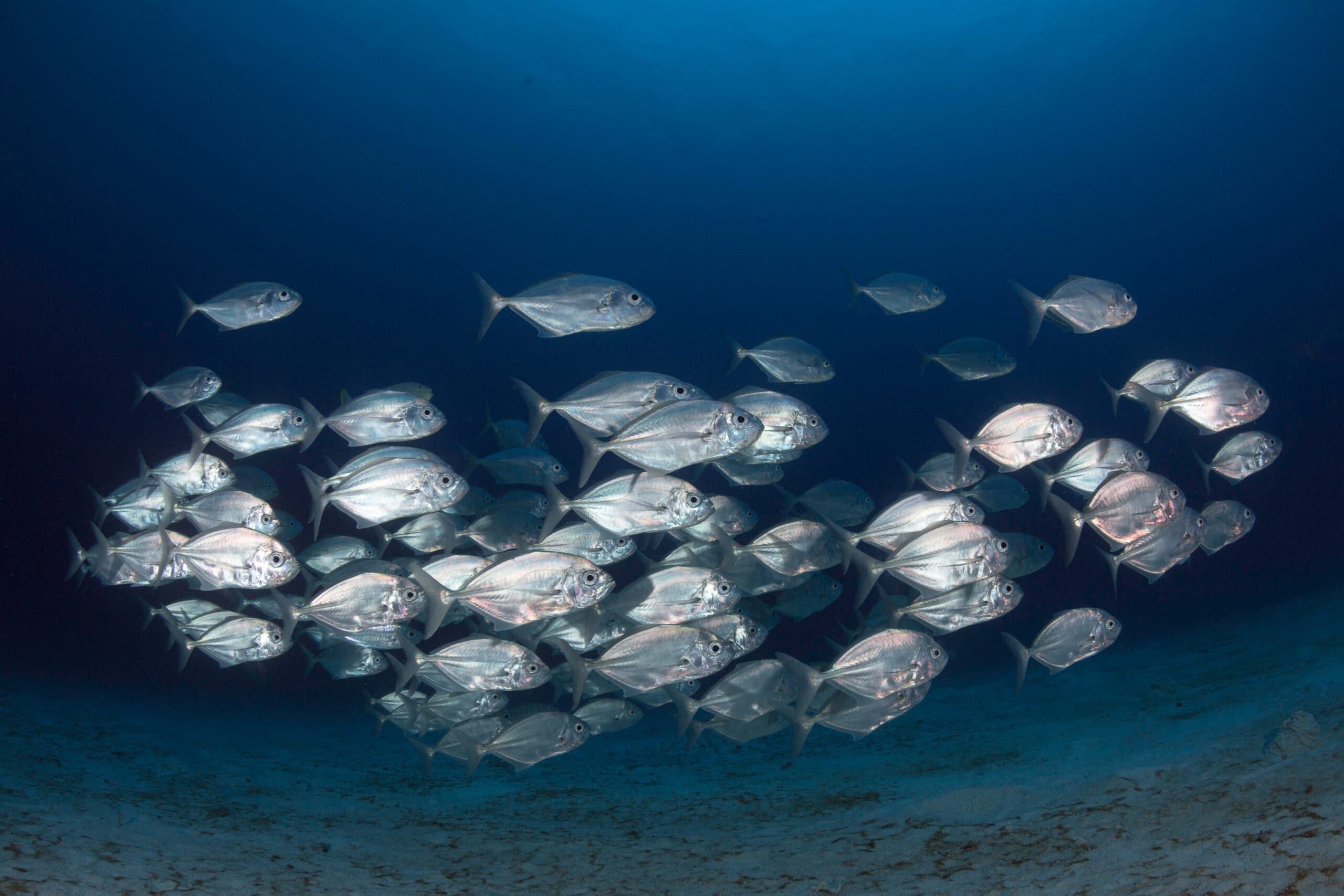
The concerns: Global Stocktake and mixed messages
1. The first-ever Global Stocktake
All eyes were set on the key text expected from the conference, the first-ever Global Stocktake (GST). The GST is an assessment of progress towards the Paris Agreement goals and a guide for new NDCs due in 2025.
Before COP started, organisations like Mercy for Animals engaged with delegations to ensure the GST would call for transforming food systems in climate change mitigation and adaptation strategies. With trillions of animals suffering yearly in our food systems, their transformation is among the highest priorities for organisations working to improve animal welfare.
Multiple country delegations repeatedly addressed food systems in their interventions during the negotiations. And yet, one after the other, iterations of the GST drafts throughout the conference continuously omitted the terms “food”, “food systems”, and “agriculture”; at least in a manner that could be considered relevant. This led to a collective push by over 100 organisations to bring these critical issues back into the GST narrative.
Rallying others to join the call to bring “food systems” into the GST, Sebastian Osborn, Global Policy Manager at Mercy for Animals, said, “We started the COP28 on a (rightfully) joyous note with the Emirates Declaration— however, if Parties treat food as irrelevant to climate with the declaration’s ink barely dry, I would hold little hope that it will result in any significant action in the future. The COP is not over yet. We have very little time and a tremendous opportunity to make a difference.”
The final GST decision encouraged sustainable agriculture, nature-based solutions and ecosystem-based approaches, as well as protecting, conserving and restoring nature and ecosystems. It further urged countries to advance climate-resilient, sustainable, and regenerative food production. These references, however, are only part of the GST adaptation priorities.
The GST mitigation actions are mute regarding food and agriculture, a blatant disregard for the future of this planet. Data shows that even if all fossil fuel emissions were ceased immediately, the current state of global food systems would make it impossible to meet the 1.5°C target and challenging to meet the 2°C target.
Moving forward, countries that are Parties to the UNFCCC are compelled to submit to the secretariat their next NDCs at least 9 to 12 months before COP30 in 2025. Their next pledges must include information on how they have been “informed” by this first stocktake.
2. UN’s conflicting stances on food systems
Perhaps one of the most awaited publications at COP was the FAO roadmap for achieving SDG2 without breaching the 1.5°C threshold. While it acknowledges the need for dietary changes, it falls short of calling for a phase-out of industrial animal farming or any reduction in meat consumption, for that matter. Many of its recommendations are also of great concern, including switching to smaller farmed animal species to reduce GHG emissions. With 20 other organisations, we published a critique of this and other problematic recommendations in the roadmap.
The FAO roadmap appeared at odds with other UN messaging during COP28, such as the UNEP’s report “What’s Cooking”. In it, UNEP acknowledged upfront the impact of animal products on the triple planetary crises and the need to change how we produce and consume food. In contrast to the FAO, UNEP’s report delved into the environmental benefits of novel alternatives to conventional animal-source food. Also at COP, the Director-General of the World Health Organization, Dr Tedros Adhanom Ghebreyesus, declared that shifting towards “healthier, diversified and more plant-based diets” is essential to tackle climate change and the global health crisis.
While the FAO roadmap is disappointing, to say the least, it is the first in a series of three. There is still an opportunity for the Agency to reflect a more holistic and evidence-based approach to food in future instalments of the roadmap.
And now, what?
As with previous conferences, the work only really starts now. This will mean, for all of us, engaging with government counterparts to translate agreements into action, including through the next round of NDCs that need to reflect food and nature-based solutions, with animals’ interests at heart. The work will also mean continuing to advocate for stronger language in all areas relevant to animal welfare in the ramp-up to the 16th Biodiversity COP, to be hosted in Colombia in November 2024, and the 29th Climate COP in Azerbaijan. Yalla.

